Yesterday, world leaders at the G20 Summit in London announced the creation of a new international organization that will have authority for overseeing systemic financial risk across the globe. This new organization will be called the Financial Stability Board ("FSB") and will quickly evolve from the current
Financial Stability Forum ("FSF") based in Basel, Switzerland. The vision for the new organization is outlined below:
"....the FSB will promote and help coordinate the alignment of international standard setting activities to address any overlaps or gaps and clarify demarcations in light of changes in national regulatory structures relating to prudential and systemic risk, market integrity and consumer protection, infrastructure, and accounting and auditing."
In conjunction with the announcement, the FSF issued
new principles for compensation at the world's major financial firms. The principles included the following governance practices.
1. The firm’s board of directors must actively oversee the compensation system’s design and operation. The compensation system should not be primarily controlled by the chief executive officer and management team. Relevant board members and employees must have independence and expertise in risk management and compensation.
2. The firm’s board of directors must monitor and review the compensation system to ensure the system operates as intended. The compensation system should include controls. The practical operation of the system should be regularly reviewed for compliance with design policies and procedures. Compensation outcomes, risk measurements, and risk outcomes should be regularly reviewed for consistency with intentions.
3. Staff engaged in financial and risk control must be independent, have appropriate authority, and be compensated in a manner that is independent of the business areas they oversee and commensurate with their key role in the firm. Effective independence and appropriate authority of such staff are necessary to preserve the integrity of financial and risk management’s influence on incentive compensation.
These principles will soon filter down into the nation's individual regulatory supervision structures. Is your company positioned to adopt these changes? If not, Wheelhouse Advisors can help you quickly assess and implement the necessary changes. Visit
www.WheelhouseAdvisors.com to learn more.

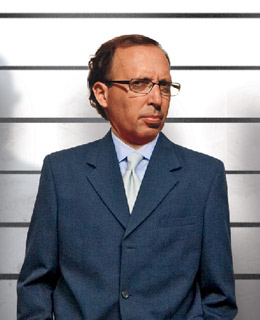

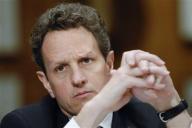

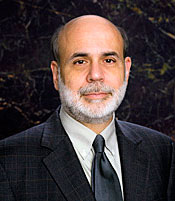
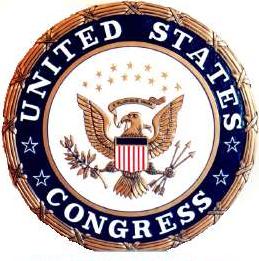



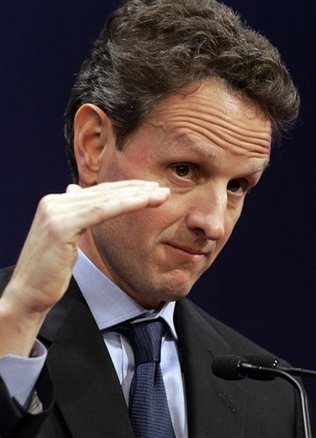



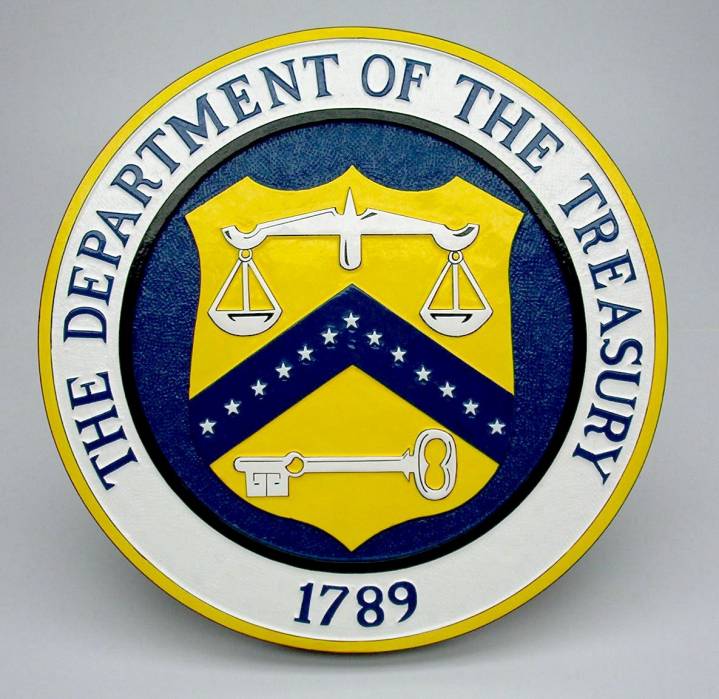
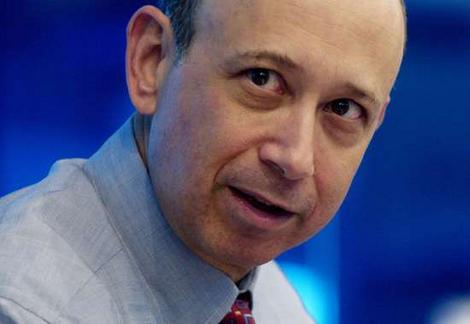
![Timothy Geithner [Timothy Geithner ]](http://s.wsj.net/public/resources/images/HC-GN264_Geithn_BV_20090309220903.gif)


